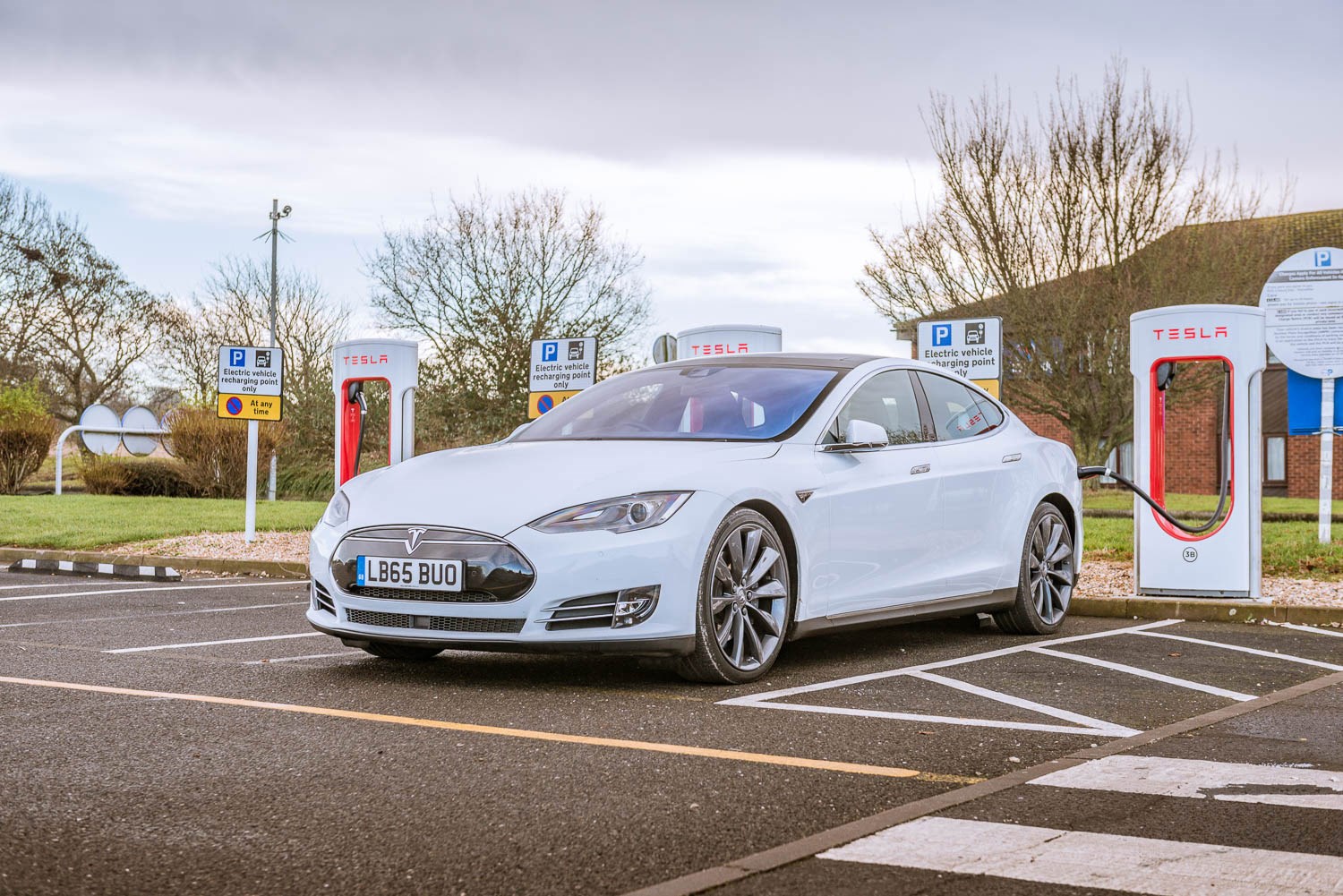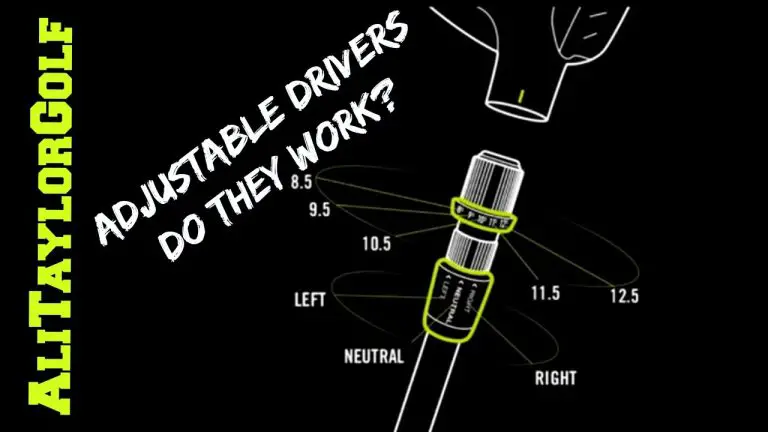How Much Does It Cost To Charge An Electric Golf Cart

As more and more people turn to electric golf carts for their transportation and recreation needs, one common question arises: How much does it cost to charge an electric golf cart? The answer to this question depends on several factors, including battery capacity, charging rate, electricity rates, frequency of use, and maintenance of the battery. Understanding these factors is crucial in determining the cost of charging an electric golf cart and can help you save money in the long run.
Electric golf carts are becoming increasingly popular because they’re environmentally friendly, quiet, and easy to operate. However, just like any other electric vehicle, they need to be charged regularly. The cost of charging an electric golf cart varies depending on several factors, and it’s essential to consider these factors when determining the cost.
In this article, we’ll explore the various factors that affect the cost of charging an electric golf cart, discuss the different methods of charging, and provide tips for reducing charging costs. We’ll also provide a comparison of charging costs for different battery capacities and charging methods to help you make an informed decision about the cost of charging an electric golf cart. Whether you’re a seasoned golfer or just looking for a cost-effective way to get around, understanding the cost of charging an electric golf cart is essential for getting the most out of your investment.

Factors that Affect Electric Golf Cart Charging Cost
Battery Capacity
The battery capacity of an electric golf cart determines how much energy it can store, which affects how long the cart can operate before needing to be charged. Larger battery capacities can provide more power and longer run times but can be more expensive.
Charging Rate
The charging rate of an electric golf cart determines how quickly the battery can be charged. A higher charging rate means the battery can be charged faster, but it may also decrease the battery’s overall lifespan.
Electricity Rates
Electricity rates can vary widely depending on your location and energy provider. The cost of electricity will directly affect the cost of charging your electric golf cart.
Frequency of Use
The frequency of use of an electric golf cart will affect how often it needs to be charged. The more frequently it is used, the more often it will need to be charged, and the higher the cost of charging.
Maintenance of Battery
Proper maintenance of the battery can help prolong its lifespan and reduce charging costs. Regular maintenance includes cleaning the battery terminals, checking the water levels, and replacing the battery as needed.
Methods of Charging an Electric Golf Cart
Onboard Charger
Most electric golf carts come with an onboard charger that is designed to charge the battery. The onboard charger is convenient because it can be plugged directly into a standard electrical outlet, but it may not be as efficient as other charging methods.
Portable Charger
A portable charger is an external charger that can be used to charge the battery of an electric golf cart. Portable chargers can be more efficient than onboard chargers, and they are ideal for charging the battery while the golf cart is in use.
Solar Charger
Solar chargers are becoming increasingly popular for charging electric golf carts. A solar charger can be installed on the roof of a golf cart, and it uses solar panels to charge the battery. Solar chargers are environmentally friendly and can reduce the cost of charging over time.
Cost of Charging an Electric Golf Cart
Average Cost per Charge
The cost of charging an electric golf cart can vary widely depending on several factors. On average, it can cost between $1 and $10 to charge an electric golf cart.
Factors Affecting the Cost
The factors that affect the cost of charging an electric golf cart include battery capacity, charging rate, electricity rates, frequency of use, and maintenance of the battery. The cost can also vary depending on the method of charging.
Sample Costs from Different Electric Golf Carts
| Golf Cart Model | Battery Capacity | Cost per Charge |
|---|---|---|
| Yamaha Drive 2 | 6.7 kWh | $2.34 |
| Club Car Tempo | 8.5 kWh | $3.00 |
| EZGO TXT | 4.4 kWh | $1.54 |
Tips for Reducing Electric Golf Cart Charging Cost
Maintaining the Battery
Proper maintenance of the battery can help reduce charging costs. Regular maintenance includes cleaning the battery terminals, checking the water levels, and replacing the battery as needed.
Using Solar Chargers
Solar chargers are an environmentally friendly option for charging an electric golf cart. They can also reduce the cost of charging over time.
Charging During Off-Peak Hours
Electricity rates are typically lower during off-peak hours, so charging your electric golf cart during these times can help reduce the cost of charging.
Choosing the Right Charger
Choosing the right charger for your electric golf cart can help reduce charging costs. A charger with a lower charging rate may be more cost-effective in the long run because it will prolong the lifespan of the battery.
Comparison of Electric Golf Cart Charging Costs
Comparison of Costs for Different Battery Capacities
The cost of charging an electric golf cart varies depending on the battery capacity. A larger battery capacity can provide more power and longer run times but may also be more expensive to charge.
| Battery Capacity | Average Cost per Charge |
|---|---|
| 4 kWh | $1.40 |
| 6 kWh | $2.10 |
| 8 kWh | $2.80 |
Comparison of Costs for Different Charging Methods
The method of charging an electric golf cart can also affect the cost of charging.
| Charging Method | Average Cost per Charge |
|---|---|
| Onboard Charger | $2.50 |
| Portable Charger | $2.00 |
| Solar Charger | $1.00 |
Conclusion
Charging an electric golf cart can be an affordable and convenient way to power your vehicle. The cost of charging depends on several factors, including battery capacity, charging rate, electricity rates, frequency of use, and maintenance of the battery. Choosing the right charging method and maintaining the battery properly can help reduce charging costs. It’s essential to consider these factors when determining the cost of charging an electric golf cart to ensure that you’re getting the most out of your investment.





